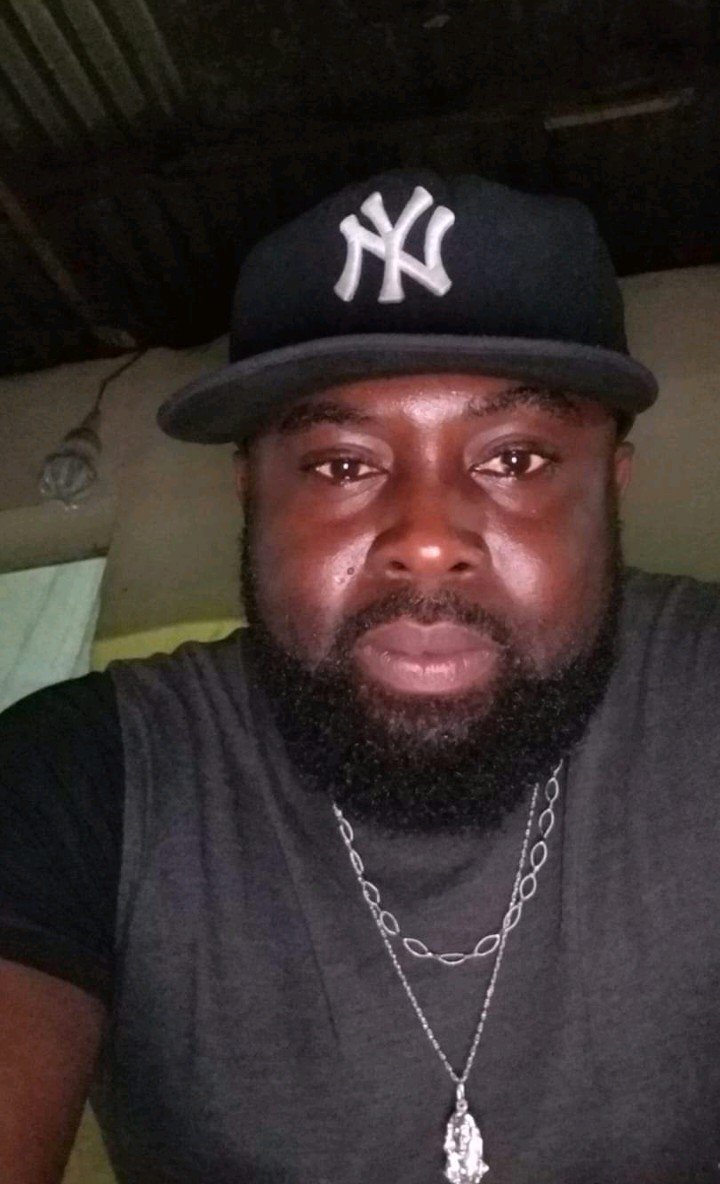NASSAU, BAHAMAS — Human Rights Bahamas (HRB) is petitioning for the immediate and unconditional release of some seven asylum seekers who have been detained by the Department of Immigration after fleeing violent sectarian conflict in Cameroon.
According to HRB, the Cameroonians are from an English-speaking region in the northwest of that country, which since 2017 has struggled to resist forcible assimilation by the much larger French-speaking majority and government. The conflict has reportedly claimed 3,000 lives and displaced more than half a million people.

HRB’s advocacy comes on the heels of a Supreme Court ruling that awarded Kenyan Douglas Ngumi just under $642,000 in damages after he was unlawfully detained for more than six years at the Carmichael Road Detention Centre.
“The asylum seekers have not been charged with or convicted of any crime in The Bahamas and the government has no legal justification for holding them indefinitely, some for more than a year and a half,” read a statement.
“All have been interviewed by the United Nations High Commissioner for Refugees (UNHCR), and are in the process of having their political refugee status officially confirmed. Human Rights Bahamas is demanding their immediate and unconditional release. We intend to sue the government on their behalf for false imprisonment, assault and battery and breaches of their constitutional rights.

“The Bahamas Constitution prohibits unlawful arrest and arbitrary detention; it also guarantees freedom of movement and due process for anyone detained, including access to legal representation and the right to be brought before a court of law as soon as possible and either charged with a crime or released.”

According to the HRB statement, the detained asylum seekers are Patrick Awara Tarh, 37; Violet Acha Werengie; Carine Valerie Nguesap, 42; Anye Celestine Ngang; Ndi Tinong; Elvis Forwang; and Perpetua Forwang.
Other detained asylum seekers are Ahmed Mbia Mambingo and Werengie’s toddler, Sama Eliana Itoh.
Tarh arrived in The Bahamas in May 2019 and was detained shortly thereafter, HRB stated.
“As a member of the interim government for the region of Ambazonia, also known as South Cameroons, his life was under severe threat from the French-speaking armed forces. On February 11, 2018, his cousin Ashu Anti Mbi was hunted down, killed and buried in a mass grave, allegedly by government forces.
“Two of Mbi’s brothers were subsequently killed when their town was burned to the ground by troops along with several other communities in the disputed region. Patrick fled after many of his political colleagues were arrested and jailed and he was warned that his activities were under surveillance.

“There is an active warrant for his arrest in Cameroon.”
Werengie fled Cameroon for Nigeria “after being tortured, raped and almost killed by four armed government troops, an ordeal from which she emerged pregnant”, the HRB statement continued.
“Fearing the fate of other escapees in Nigeria, who had been kidnapped and taken back to French Cameroon and imprisoned, she fled to The Bahamas in early 2020, and has been detained without charge for 11 months, separated from her toddler. She is currently in Fox Hill prison.”
Nguesap, a French language teacher in a primary school in Southern Cameroons, was allegedly victimized and tortured during one of the French-speaking military attacks on populated civilian areas. “As an eyewitness to alleged crimes against humanity, she was well aware of the government’s policy of silencing anyone with evidence. Fearing for her life, she went on the run,” the statement read.

HRB said Ngang is a registered member of the Southern Cameroons National Council (SCNC), one of the oldest nationalist groups of the struggle for Ambazonian independence.
“Tinong is from Batibo, an area particularly hard-hit by the fighting, and fears for his life as many close relatives have been victims of targeted killings by government forces,” the statement continued.
“The Forwang siblings, also from Batibo, have been released from the Detention Centre for health reasons but remain under immigration surveillance and must check in with the authorities on a regular basis. They fear being detained again at any time on the whim of immigration officers.”
The Bahamas became a signatory of the United Nations Convention and Protocol Relating to the Status of Refugees in 1993.
On December 10, 2018, the country became one of the 153 signatories to the Global Compact for Migration (GCM), which emphasizes the safety, dignity and human rights and fundamental freedoms of all migrants, regardless of their migratory status.






